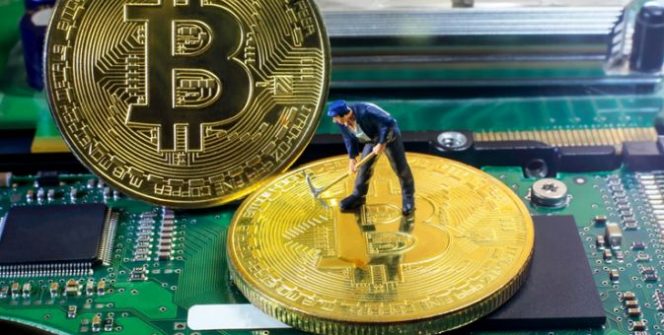Katrín Jakobsdóttir does not like the fact that her country’s resources are once again being drained by a technology that recently collapsed but is now being revived.
No matter which side of the debate you are on, we can all agree that bitcoin mining requires a lot of energy. And miners are looking for cheap energy to make as much profit as possible. In Iceland, energy is quite cheap, which is why many people here have started to get back into bitcoin. And this does not sit well with Jakobsdóttir, who in an interview with the Financial Times outlined how they could use the energy they have more efficiently, which is mainly hydroelectric and geothermal, i.e. cheap and renewable.
She cited the example of corn, since the island nation imports more than half of its vegetables and almost all of its wheat. If Iceland used and distributed its available energy well, food production would not be a problem. But for that to happen, the rest of the market will have to compete with bitcoin miners, who are preparing for an event around April 20, when there will be a “halving” of the miners’ reward. They want cheaper costs due to lower rewards, which will put Iceland even more on the map…
Keep in mind that Iceland sits on the Mid-Atlantic Ridge and has been in the news a lot lately because of the volcanoes erupting there. But if the demand from miners increases, it will be paid for by the country’s economic sectors and ultimately by Icelandic households, which means that energy will become more expensive as others literally export the benefits of cheap energy.
The other problem is that the local power grid is heavily overloaded by consumers, and the climate is not helped by all the bitcoin mining, which consumes the same amount of energy as Greece or Australia in a year: 1% of the world’s energy consumption, according to a report by the US Energy Information Administration (EIA), citing a study by the Cambridge Centre for Alternative Finance.
Hard to argue with Jakobsdóttir!
Source: PCGamer, Financial Times, EIA
















Leave a Reply